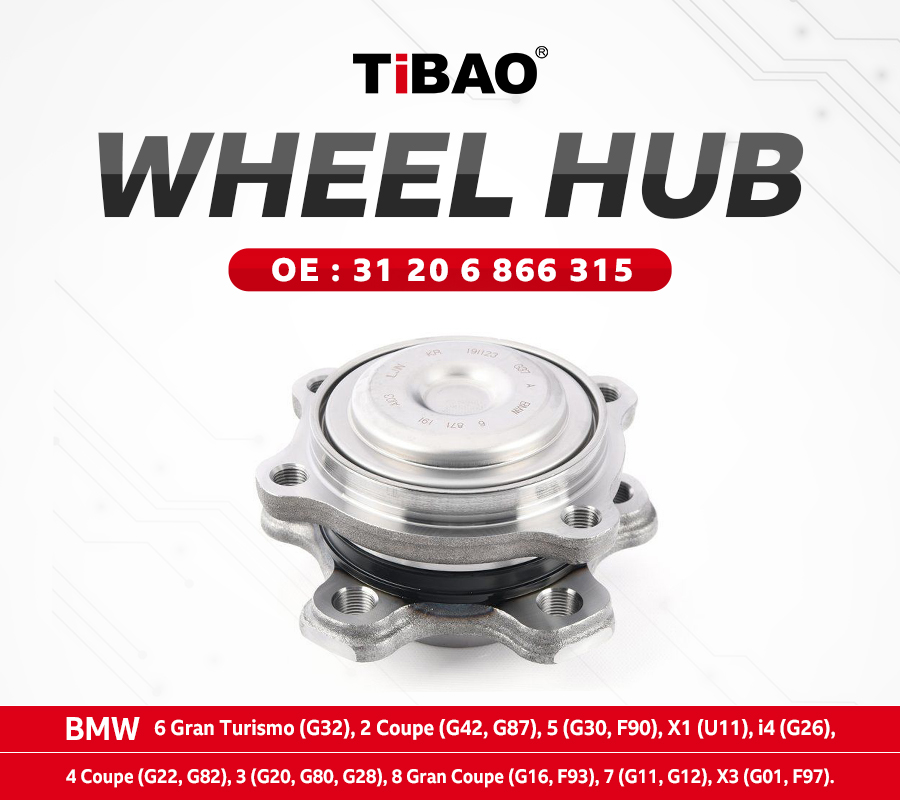Maintaining and upgrading a BMW transmission is essential to ensure its longevity, enhance performance, and adapt the vehicle to higher power outputs or specific driving conditions. Here’s a detailed overview:

Maintenance: Regular servicing is crucial for a BMW transmission, especially for models equipped with automatic or dual-clutch systems. Start with timely transmission fluid changes, recommended every 60,000–100,000 km depending on driving conditions. Using BMW-approved fluids, ensures optimal performance. Along with the fluid, replace the transmission filter to keep debris out of the system. Clean the oil pan during fluid changes to remove metallic particles from the built-in magnets, reducing wear. Inspect and, if necessary, replace the solenoids, as they control gear shifts. Symptoms like rough or delayed shifting often indicate solenoid wear. Additionally, ensure your transmission control unit (TCU) software is up-to-date. BMW periodically releases updates to improve shifting logic and efficiency.
Common Upgrades: If you seek better performance, several aftermarket or OEM upgrades can elevate your transmission system. A high-performance torque converter increases torque transfer, ideal for vehicles with tuned engines or heavy-duty usage. For dual-clutch or automatic transmissions, upgrading to reinforced clutch packs enhances durability under high torque loads, preventing slippage. Transmission coolers are another vital upgrade, especially for high-performance models or vehicles used in extreme conditions. They improve heat dissipation, reducing the risk of overheating and extending fluid and component lifespan.
Drivers focused on acceleration and handling can benefit from shorter gear ratios, which enhance low-end performance but may slightly reduce top speed. If ultimate responsiveness is the goal, upgrading to a dual-clutch transmission (DCT) can provide lightning-fast shifts. Some BMW models, like older E or F series, can adapt DCT systems used in M variants. Complement these upgrades with improved shift paddles, which enhance manual gear-shifting precision and add a sporty aesthetic.
For enthusiasts pushing their BMWs beyond factory power levels, reinforced driveshafts in carbon fiber or forged aluminum are essential to handle higher torque. Pairing this with a limited-slip differential (LSD) greatly improves traction and stability, especially in rear-wheel-drive setups.